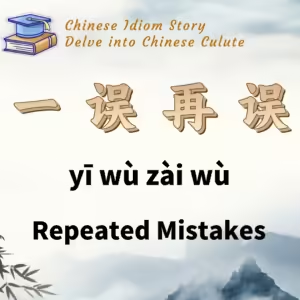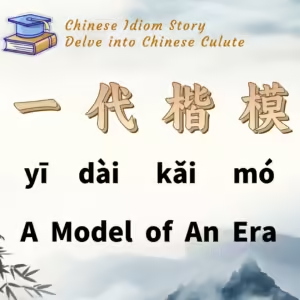
Chinese Idiom: 开卷有益 (Kai Juan You Yi)
English Translation: Reading is Always Rewarding
pīn yīn: kāi juàn yǒu yì
Idiom Meaning: This idiom encourages people to read more, suggesting that engaging with books is always beneficial and enriching.
Historical Source: Song Shilu (《宋实录》) and Mianshui Yantan Lu (《渑水燕谈录》) by Wang Banzhi.
Idiom Story
The idiom “开卷有益” originates from an anecdote about Emperor Taizong of the Song Dynasty, Zhao Guangyi. Zhao Guangyi was deeply interested in a massive compendium known as Taiping Yulan (《太平御览》), which was a vast collection of excerpts from over 1,600 ancient texts, categorized into 55 sections, totaling 1,000 volumes.
Emperor Taizong decided to read at least two to three volumes of this extensive work each day. Despite the heavy demands of ruling the country, he completed the entire book within a year. This diligence impressed many, but some of his advisors worried that reading such a large number of volumes daily might be too exhausting for the emperor and advised him to rest more and not overburden himself.
In response, Emperor Taizong remarked, “朕性喜读书,颇得其趣,开卷有益,岂徒然也,” which translates to: “I enjoy reading and find it very engaging. Opening a book is always beneficial; it is never in vain.”
Another account in Mianshui Yantan Lu reports that Emperor Taizong read three volumes daily and would make up for any missed readings on his free days, emphasizing that reading is always rewarding and not tiresome at all.
This practice and philosophy of the emperor led to the popularization of the phrase “开卷有益,” which encourages people to recognize the inherent value in reading and continuous learning.






